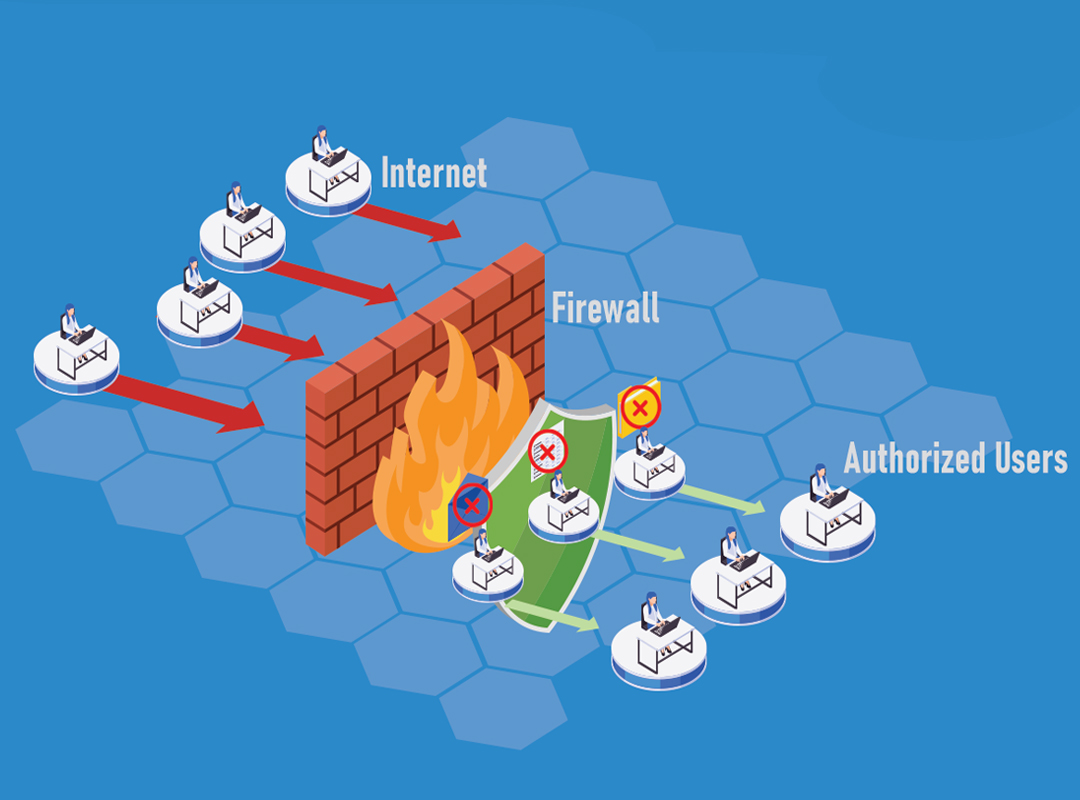
In today’s digital age, cybersecurity has become an essential aspect of any business or individual’s online presence. One of the most crucial components in safeguarding sensitive data and preventing unauthorized access is firewall security. A firewall acts as the first line of defense against cyberattacks, filtering traffic and ensuring that malicious data packets do not infiltrate your systems. This article delves into what firewall security is, how it works, and its importance in the world of cybersecurity.
A firewall is a network security device—either software or hardware—that monitors incoming and outgoing network traffic. It applies a set of security rules to decide whether to allow or block specific traffic. The primary goal of a firewall is to create a barrier between a trusted internal network and untrusted external networks, such as the internet.
Firewalls serve as gatekeepers, examining data packets based on pre-defined criteria such as IP addresses, port numbers, and protocols. They either permit or deny traffic depending on the established rules, protecting your network from threats like hackers, malware, and unauthorized access.
A firewall monitors and filters network traffic based on specific rules. For instance, it may block traffic from suspicious IP addresses or detect unusual patterns that indicate a potential attack. Firewalls can operate at various layers of the OSI model, from the network layer to the application layer, depending on their type.

Firewall security is an indispensable tool in today’s cybersecurity landscape. By serving as a shield between your network and external threats, firewalls help protect your data, systems, and reputation. Whether you’re an individual or a business, implementing robust firewall security is a critical step toward ensuring your online safety. Investing in the right firewall solution tailored to your specific needs will not only enhance your security but also provide peace of mind in a world where cyber threats are ever-evolving.